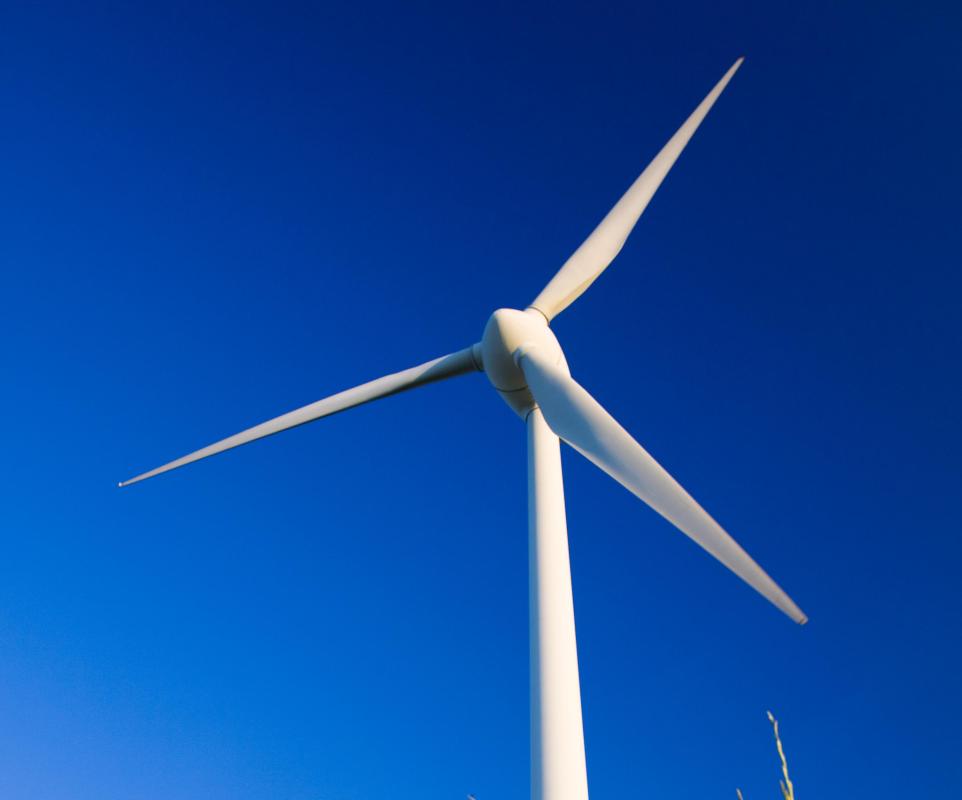At HomeQuestionsAnswered, we're committed to delivering accurate, trustworthy information. Our expert-authored content is rigorously fact-checked and sourced from credible authorities. Discover how we uphold the highest standards in providing you with reliable knowledge.
What does "off the Grid" Mean?
The term “off the grid” describes a structure which is not connected to the electrical grid or other public utilities. People most commonly use this term to describe an autonomous house, a house which is capable of functioning all on its own, although technically buildings and other structures can be off the grid as well. The term is also used to describe a particular lifestyle which is embodied by autonomous structures.
There are two reasons to be off the grid. The first is purely practical: public utility penetration is not complete, even in industrialized nations, and some people cannot connect to things like the electrical grid, public sewers, and city water because these services are not available. This is most common in rural areas, where utilities have not yet extended their infrastructure, and in some cases, the utility may have no plans to do so, because the cost of extending itself would not be recouped from customers. In these areas, people need to manage their own waste, generate their own energy, and provide their own source of water for plumbing if these services are desired.

The second reason to live in this way is to choose to do so, making a calculated choice to be self-sufficient. Some people like being off the grid because they object to paying for utility services, while others feel that living in this way provides more energy independence. Because people cannot choose where the utility gets its water or electricity, or how it manages its waste, they may opt to be off the grid so that they can use renewable energy.

People living in this way can use things like wind turbines, windmills, and solar cells for energy generation. A windmill can also be used to power a pump for water, or a gravity-fed tank can be used to supply water to a low-lying structure, with the tank collecting water from a nearby river, stream, or spring. Human waste management can be handled with composting, incinerating toilets, or a simple outhouse, while organic waste such as food scraps can be composted, and other waste products can be reused and recycled as much as possible, with true garbage being taken to a dump or buried in an on-site landfill.

Self sufficiency may also be expanded with things like a garden to supply food, and the maintenance of livestock for additional food sources such as milk, eggs, and meat. In some regions, entire communities are off the grid, with neighbors working to support each other while promoting sustainable energy and a sustainable lifestyle. In other areas, people eke out their own way.

Contracting companies which build off the grid homes or convert existing homes can be found in many regions of the world. Some of these companies use very ingenious techniques to create energy-efficient, affordable homes, while others cater to high-end consumers who like the social cachet of living off the grid, but wish to avoid inconvenience by using the latest gadgets. In both cases, the initial steps can require a substantial investment, but the end result will be considerable savings, as the self-contained nature of the structure will pay for itself in the end.
AS FEATURED ON:
AS FEATURED ON:















Discuss this Article
Post your comments